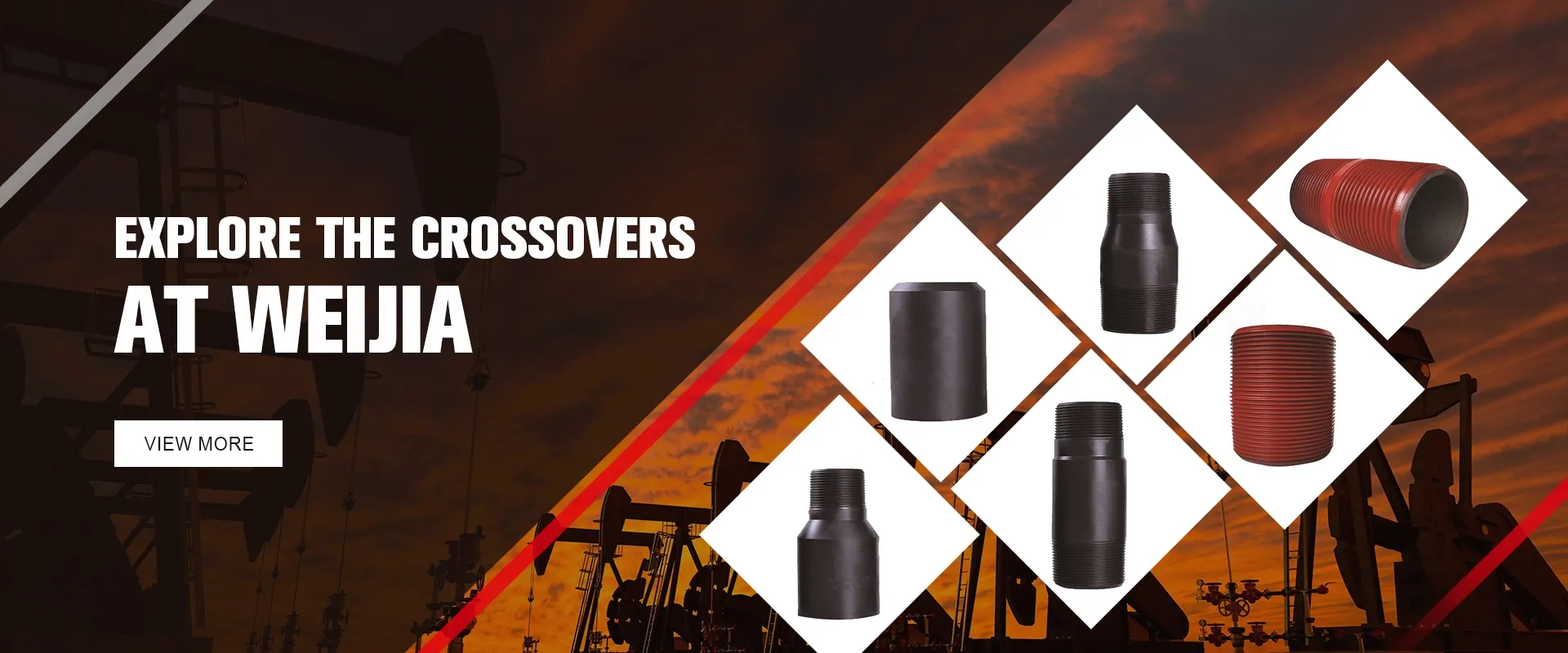- Afrikaans
- Albanian
- Amharic
- Arabic
- Armenian
- Azerbaijani
- Basque
- Belarusian
- Bengali
- Bosnian
- Bulgarian
- Catalan
- Cebuano
- Corsican
- Croatian
- Czech
- Danish
- Dutch
- English
- Esperanto
- Estonian
- Finnish
- French
- Frisian
- Galician
- Georgian
- German
- Greek
- Gujarati
- Haitian Creole
- hausa
- hawaiian
- Hebrew
- Hindi
- Miao
- Hungarian
- Icelandic
- igbo
- Indonesian
- irish
- Italian
- Japanese
- Javanese
- Kannada
- kazakh
- Khmer
- Rwandese
- Korean
- Kurdish
- Kyrgyz
- Lao
- Latin
- Latvian
- Lithuanian
- Luxembourgish
- Macedonian
- Malgashi
- Malay
- Malayalam
- Maltese
- Maori
- Marathi
- Mongolian
- Myanmar
- Nepali
- Norwegian
- Norwegian
- Occitan
- Pashto
- Persian
- Polish
- Portuguese
- Punjabi
- Romanian
- Russian
- Samoan
- Scottish Gaelic
- Serbian
- Sesotho
- Shona
- Sindhi
- Sinhala
- Slovak
- Slovenian
- Somali
- Spanish
- Sundanese
- Swahili
- Swedish
- Tagalog
- Tajik
- Tamil
- Tatar
- Telugu
- Thai
- Turkish
- Turkmen
- Ukrainian
- Urdu
- Uighur
- Uzbek
- Vietnamese
- Welsh
- Bantu
- Yiddish
- Yoruba
- Zulu
Well Casing Connection Solutions for Enhanced Well Integrity and Performance
Understanding Well Casing Couplers An Essential Component in Oil and Gas Drilling
In the oil and gas industry, the integrity and efficiency of well construction play a pivotal role in maximizing production and ensuring safety. One critical component in this process is the well casing coupler. A well casing coupler is a specialized device designed to connect sections of casing pipes, which are used to line wells drilled into the earth. These couplers facilitate the seamless transition between pipe segments, ensuring structural integrity and optimizing fluid flow during extraction operations. This article delves into the purpose, types, and significance of well casing couplers in the drilling process.
The Purpose of Well Casing
Before understanding the role of casing couplers, it is vital to comprehend the purpose of well casing itself. Well casing refers to the steel pipes used to line the borehole after drilling. Their primary functions include
1. Providing Structural Support Casing prevents the wellbore from collapsing and protects it from external environmental factors such as soil movement and groundwater intrusion. 2. Sealing Off Water Zones Effective casings help isolate oil or gas reservoirs from freshwater aquifers, thereby preventing contamination. 3. Facilitating Well Construction Casing allows for the efficient installation of production equipment and promotes safe drilling practices.
Types of Well Casing Couplers
Well casing couplers come in various designs and configurations to accommodate different well environments and operational requirements
. The most common types include1. Threaded Couplers These are usually made of steel, featuring male and female threads that allow for easy assembly and disassembly. Threaded couplers are well-suited for applications where high-pressure resistance is essential.
2. Welded Couplers These couplers are permanently joined to casing pipes through welding. They offer robust strength and durability, making them ideal for high-pressure and environmentally sensitive applications.
3. Socket Weld Couplers This type allows for a smooth transition between pipes and is characterized by its simple installation process. They provide a tight seal that minimizes the risk of leaks.
well casing coupler

4. Compression Couplers Utilizing a compression fitting mechanism, these couplers offer flexibility in installation and usability, particularly in repair scenarios or when making adjustments to existing casing arrangements.
Significance of Well Casing Couplers in Drilling Operations
The role of well casing couplers extends beyond mere connection of pipes; they are integral to enhancing the overall efficiency and safety of drilling operations. Here are a few key reasons why they are significant
1. Enhanced Safety Properly installed couplers reduce the risk of casing failure under pressure, which can lead to blowouts—one of the most dangerous occurrences in drilling operations.
2. Cost-Efficiency Quality couplers minimize the need for future repairs and replacements by ensuring that the casing remains intact and functional over time, ultimately saving costs associated with well rework.
3. Improved Production Rates By maintaining an unobstructed path for oil or gas flow, proper coupling of casing sections promotes better production rates, thereby maximizing resource extraction and profitability.
4. Facilitation of Compliance Many governmental regulations require the use of certain materials and methods in casing construction. Using the right couplers can help operators meet these standards and avoid legal issues.
5. Adaptability in Design Well casing couplers can accommodate various sizes and types of casing, allowing for customization based on the project's specific demands.
Conclusion
Well casing couplers may be small components in the grand scheme of oil and gas drilling, but their importance cannot be overstated. By ensuring the reliability and efficiency of well casings, these couplers play a vital role in safe and profitable extraction operations. As technology advances, the design and materials used in well casing couplers continue to evolve, enhancing their performance and longevity. In an industry where precision and safety are paramount, investing in high-quality well casing couplers can lead to significant long-term benefits for operators and stakeholders alike.
-
Tubing Pup Joints: Essential Components for Oil and Gas OperationsNewsJul.10,2025
-
Pup Joints: Essential Components for Reliable Drilling OperationsNewsJul.10,2025
-
Pipe Couplings: Connecting Your World EfficientlyNewsJul.10,2025
-
Mastering Oilfield Operations with Quality Tubing and CasingNewsJul.10,2025
-
High-Quality Casing Couplings for Every NeedNewsJul.10,2025
-
Boost Your Drilling Efficiency with Premium Crossover Tools & Seating NipplesNewsJul.10,2025







